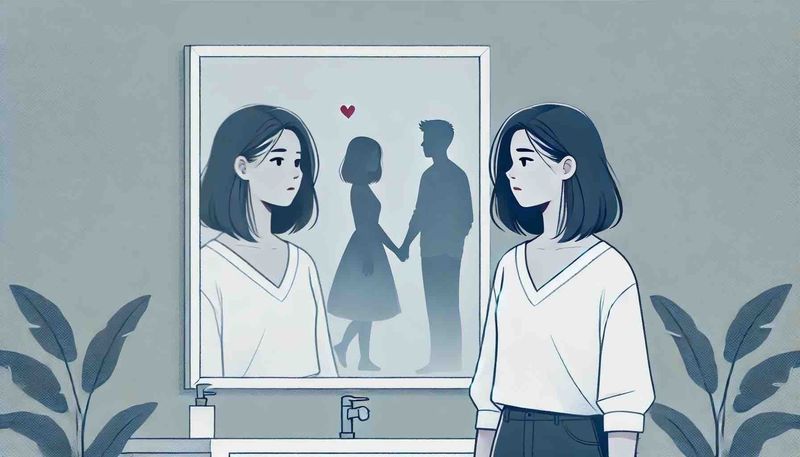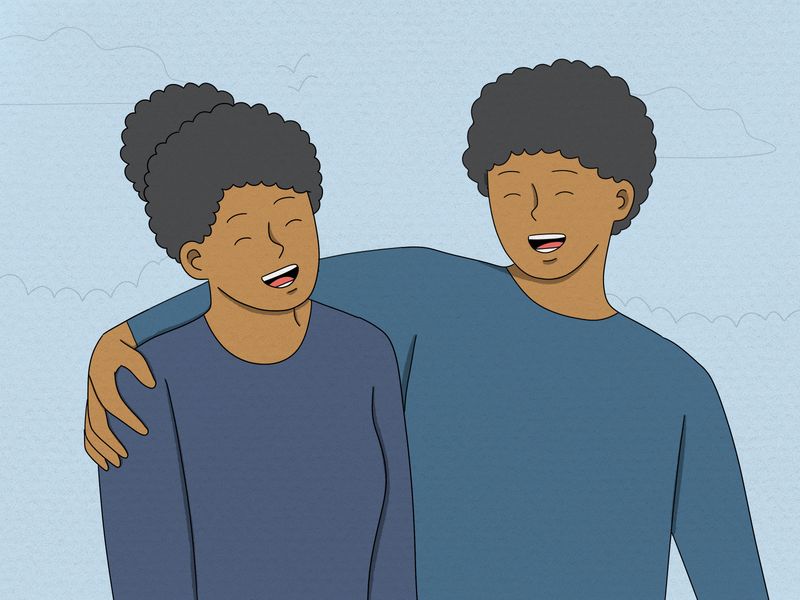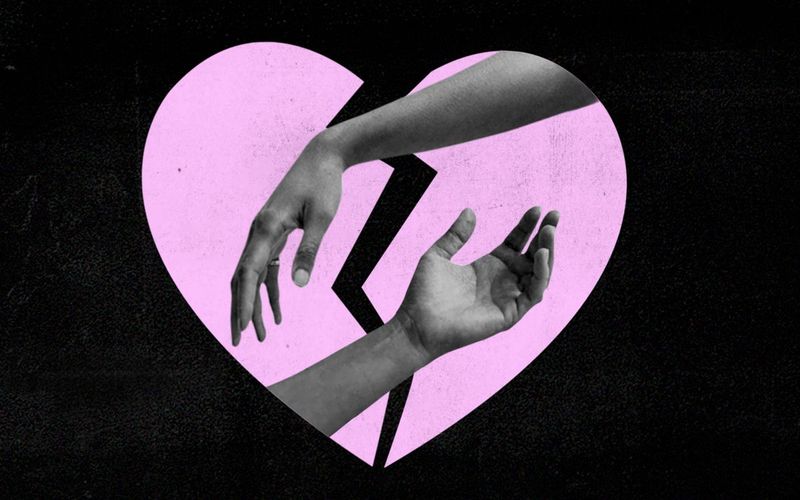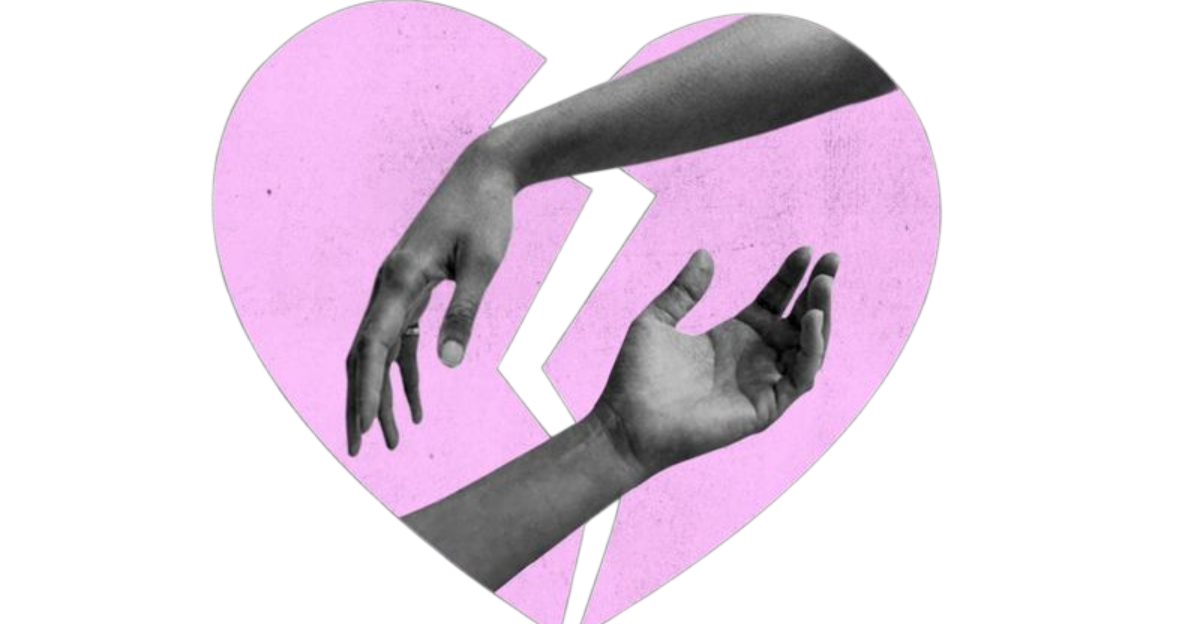Can You Be Friends With Your Ex? Psychology Weighs In With These 15 Points
Ah yes, the age-old question: “Can we still be friends?” Charming, complicated, and just a little bit chaotic.
Whether you’re the “let’s be mature about this” type or the “block, delete, vanish into the void” type (no judgment), the idea of staying friends with an ex is a deliciously confusing cocktail of nostalgia, awkward hugs, and “Wait, was that a flirty text or just…friendly?”
But don’t worry! I’m not here to hand you a one-size-fits-all solution wrapped in vague affirmations. Nope. I’m getting real. Psychology has thoughts, and you better believe I’m about to spill that tea — 15 cups worth, to be exact.
Can it work? Should it work? And what in the name of ghosting does science have to say about it? Let’s unpack it all.
1. Recognizing Emotional Attachment

An emotional bond is more intricate than we admit, don’t you think? Even if the romantic flame has dimmed, a part of you still lingers on shared memories and commitments. It’s like a song that plays unexpectedly and brings back a flood of old emotions.
Can you listen without longing? Can you savor without sorrow?
It’s not about erasing memories but understanding them. When you think of your ex, what do you feel? Is it warmth or a pang of what was lost? Reflect honestly — this comprehension is your first step.
You’re not just exes, you were companions, sometimes best friends. That history, that shared language, doesn’t evaporate. Being friends means walking that tightrope with caution and care. Each step is one of mutual respect. This bond, while transformed, is still precious and fragile.
2. Analyzing the Breakup Context

How you ended things with your ex plays a pivotal role in determining if a friendship is feasible. Was it a mutual decision or did it end in heartbreak?
Imagine it as a movie scene you replay, where each dialogue and pause mattered. How do you navigate those remnants? If there were no harsh words or lingering resentment, friendship could flourish. But if bitterness or betrayal still hangs in the air, it’s a challenging path.
Consider the reasons why you ended things. Were those issues resolvable in a platonic context? Only by thoroughly analyzing the breakup can you decide if a fresh start as friends is on the cards. Remember, a friendship built on unresolved feelings is like a castle on sand — it may not withstand the tides of reality.
3. Defining Clear Boundaries

Think of this: a garden with clearly marked paths. That’s what boundaries are in a friendship with your ex. They mark where friendship begins and where old patterns should end. Without these, you might find yourself wandering back into romantic territories and expectations. Not good! Trust me!
Boundaries are your safeguard. Talk openly about what’s acceptable and what’s off-limits. Is late-night texting okay? Do you discuss new romantic interests? This dialogue is crucial. Picture it as setting the rules of a game you both want to win.
Respect these limits, as they protect not just the friendship but your emotional well-being. It’s a commitment to honesty, transparency, and mutual respect. Without them, you risk stepping back into confusion and old emotional quagmires.
4. Managing New Relationships

Oh, boy, how this complicates things! Have you asked how they feel about your ex still being a part of your life? It’s a conversation filled with potential landmines. Transparency is your ally here! It’s your only choice if you wanna go down this road.
Be upfront with your new partner about your intentions and the nature of your relationship with your ex. Lay your cards on the table, clear and honest. Respect your partner’s feelings, too. Their comfort matters. It’s not just about you and your ex anymore — it’s about everyone involved.
Can your ex respect this new relationship dynamic? Navigating this requires maturity from all parties. It’s a balancing act, to be honest. You need to ensure no one feels left out or undermined. Only with honest discussions can you maintain a friendship that doesn’t threaten your new relationship.
5. Handling Jealousy and Insecurity

The dark shadow that follows post-breakup friendships. It’s that nagging doubt, the hint of insecurity that can poison a budding friendship. Are you truly okay with your ex seeing someone new? Can you genuinely celebrate their happiness?
It’s a moment of introspection, a test of maturity. Consider it a mirror reflecting your insecurities. Acknowledge these feelings without judgment. They are natural, human. But don’t let them fester. Talk to someone you trust or even your ex. Transparency can diffuse tension.
It’s doing the grown-up thing. Understand your triggers and transform jealousy into genuine joy for someone who once mattered deeply. If you can’t overcome these feelings, the friendship risks being a minefield of unspoken resentment and pain.
6. Evaluating Genuine Motives

Why do you want to remain friends? This question is your compass. Are you hoping for reconciliation or is this a step towards emotional closure? Your motives shape the friendship’s future.
Reflect deeply, with honesty. It’s a moment of personal truth, where intentions lay bare. Are you trying to hold onto the past or genuinely looking forward? This clarity is crucial.
If the friendship is a placeholder for romantic feelings, it might be doomed to repeat old patterns. But if it’s about preserving a meaningful connection, then proceed with caution.
7. Assessing Emotional Readiness

Before you build a friendship bridge, make sure it’s strong enough to bear the weight of your shared history. Are you ready to face those emotions without the safety net of romance? Emotional readiness is crucial!
Think of it as stepping into a room filled with memories. Each corner holds a memento of what once was. Can you wander there without yearning? Evaluate your emotional landscape. If seeing your ex stirs pain or longing, it might be wise to wait.
A friendship built on shaky emotional ground will eventually collapse. Only when you’ve processed these feelings can you genuinely embrace a platonic relationship. Make yourself free from the baggage of the past.
8. Fostering Mutual Respect

Without respect, this is just pretension. It’s the cornerstone that stabilizes everything else. Do you respect your ex as a person, beyond the romantic history? This turns past lovers into lifelong allies.
It’s like a dance – each step is in sync, each word considered. This means valuing their space without the shadow of your past relationship clouding over. It’s about honoring their journey as you do your own.
When respect is mutual, it’s easier to celebrate each other’s victories and empathize with struggles. This foundation ensures that your friendship isn’t just a remnant of past intimacy but a new chapter of genuine connection.
9. Understanding New Dynamics

The dynamics changed and require both redefinition and adaptation. Huge process! Huge, believe me when I tell you! Think of your relationship as a book where the first chapter was romance, and now you’re writing a new one.
The way you interact, the topics you discuss, even your jokes might change. Embrace this newness. Paint new memories and respect the old ones without letting them dictate the future. Flexibility and openness are your allies.
This process might feel awkward at times, like wearing a new pair of shoes. But with patience, it can lead to a comfortable and rewarding friendship.
10. Communicating Effectively

Ok, this one you know, but hear me out, anyway. In any relationship communication is key. But, it’s even more critical with an ex. It’s like tuning instruments before a performance — each note must be clear and harmonious. It’s stressful, I know.
Misunderstandings can be the downfall of a friendship. Be open, honest, and articulate about your needs and boundaries. Listen actively, without interrupting or assuming. This dialogue is more than words — it’s a bridge connecting your past to a future friendship.
It helps redefine expectations and ensures both parties are comfortable. Think of it as a dance where both partners lead and follow. You both create a rhythm that keeps the friendship alive.
11. Exploring Shared Interests

Tricky. This one is a bit tricky, but can be the glue that binds a friendship with an ex. It just requires transforming old patterns into new traditions. Remember the activities you both loved? Hiking, painting, or cooking? They’re opportunities to reconnect in a new context.
See it as a bridge from “what was” to “what can be.” Engaging again in these activities can create fresh memories, untainted by the past. It’s a chance to discover new facets of each other.
However, be sure these shared interests are genuinely mutual, not forced memories of a romantic past. They should enrich the friendship, not become reminders of lost romance.
12. Balancing Social Circles

Well, this feels like walking a tightrope. How do you handle shared social circles without causing rifts? Mutual friends might feel torn, unsure how to engage with both of you.
Approach this with grace and understanding. You see, these friends cherished both of you and your breakup might have been hard on them too. Communicate openly about your comfort levels and respect theirs. It’s about creating a social environment where everyone, including your ex, feels welcome.
This balance secures that friendships aren’t lost. But are instead transformed into a new, inclusive dynamic that respects everyone’s connections and histories.
13. Embracing Change and Growth

Heraclitus, a Greek philosopher, is quoted as saying “Change is the only constant in life.” Did he actually say that or not, remains a mystery but it’s not important right now. What matters is that change and growth are crucial in transforming a former romantic relationship into a healthy friendship.
Both of you are not who you once were. Embrace this evolution. It’s like watching a garden grow, where each new leaf signifies change and resilience. Welcome it — in yourself and your ex!
It signifies maturity. Affirm that the friendship is a witness to your evolving selves, not a relic of past identities. This mindset encourages you both to cherish the new bond, free from the constraints of who you used to be.
14. Understanding Emotional Limits

Knowing your limits is like setting a personal GPS. It guides your actions and reactions. That way you don’t venture into territories that might reopen old wounds.
Are there topics too tender to discuss? Situations too reminiscent of past hurt? Recognize these boundaries. It’s not about avoidance, it’s about protection. This awareness helps navigate the friendship with empathy. It allows you to engage fully without risking emotional turmoil.
Own your capacity for emotional involvement and be sure that the friendship nurtures rather than drains you. By honoring these limits, you create a safe space for both you and your ex. With that, your friendship is built on understanding.
15. Accepting Possibilities and Limits

Not every ex can be a friend, and that’s okay. Acceptance is liberating! It’s the realization that some relationships are meant to end. It leaves space for new beginnings.
Can you accept this possibility? It’s like standing at a crossroads, where each path holds its own promise. Sometimes, moving forward means letting go entirely. This doesn’t negate the past but honors it by allowing both parties to move on.
It’s the closure that respects history while embracing the future. Be honest with yourself and your ex. If friendship isn’t possible now or ever, it’s a truth worth respecting!







